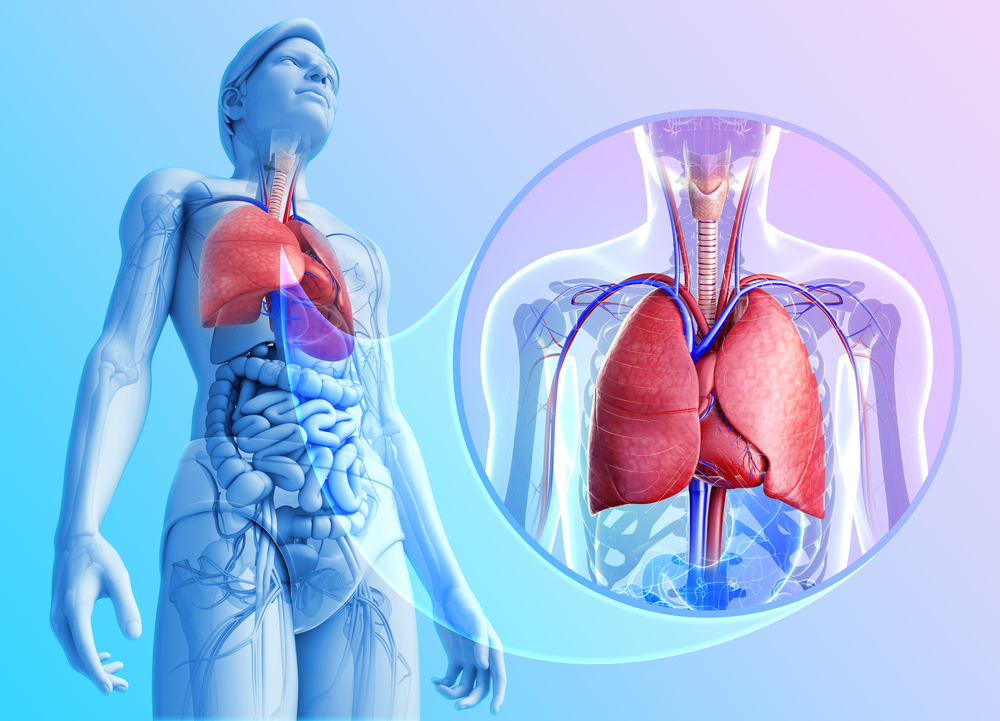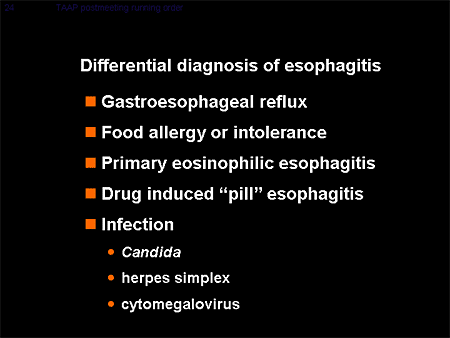Diagnosis Of Pediatric Gastroesophageal Reflux Disease
In some children, when reflux happens so frequently and is so severe that it causes complications, it is known as pediatric gastroesophageal reflux disease (gerd) an estimated five to eight percent of children have pediatric gerd in babies, reflux is called spit up, and is normal and expected. Diagnosis of pediatric gastroesophageal reflux disease. Pediatric gastroesophageal reflux disease (ger/gerd) gastroesophageal reflux occurs when a child’s digested or partially digested food flows back into the esophagus, causing heartburn, swallowing issues and in the case of young babies, frequent spitting up.
diagnosis of pediatric gastroesophageal reflux disease
In some children, when reflux happens so frequently and is so severe that it causes complications, it is known as pediatric gastroesophageal reflux disease (gerd) an estimated five to eight percent of children have pediatric gerd in babies, reflux is called spit up, and is normal and expected. Pediatric gastroesophageal reflux disease: introduction. pediatric gastroesophageal reflux disease: gastroesophageal reflux is defined as the retrograde movement of gastric contents into the esophagus; it is a physiologic process that occurs in everyone, young and old, particularly after meals. researchers have found that 10 percent of infants (younger than 12 months) with ger develop. If the upper endoscopy diagnostic method is used in assessing gerd in pediatric patients, the benefits must be weighed against procedural and sedation risks. 11 esophageal biopsy is useful in evaluating conditions that may mimic symptoms of gerd, such as crohn’s disease, barrett’s esophagus, infectious esophagitis, or eosinophilic esophagitis..

